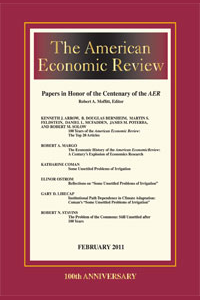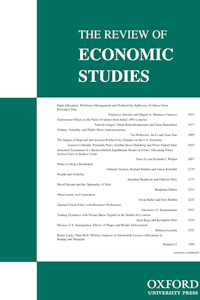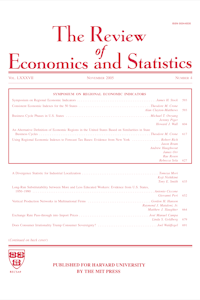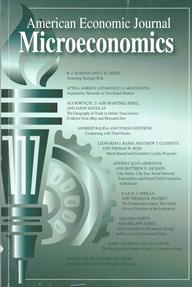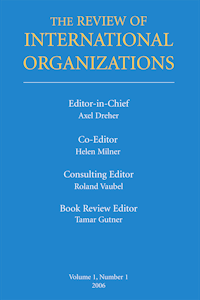
Corsetti, G., Erce, A. and Uy, T.
Official Sector Lending Strategies During the Euro Area Crisis
The Review of International Organizations
Vol. 15 pp. 667–705 (2020)
Abstract: In response to the euro area crisis, policymakers took a gradual, incremental approach to official lending, at first relying on the blueprint followed by the International Monetary Fund, then developing their own crisis resolution framework. We describe this process of institutional development, marked by a substantial divergence in the terms of official loans offered to. We use a unique dataset of the characteristics of the various official loans to provide key stylised facts, and use regression and event analysis techniques to study the effect of different lending terms on market borrowing costs and fiscal performance. Euro area loans, when in longer maturities and lower rates, go hand in hand with improved market access. Instead, the terms of IMF loans appear to have no significant effect on market access, but primary balances are larger when IMF maturities are longer. We discuss arguments for refocusing debt sustainability analysis and embed debt management techniques in programme design, while considering the trade-off between adjustment incentives and official lending.
Keywords: Official lending, Debtmaturity, Debt sustainability, Market access, Moral hazard, Seniority
JEL Codes: F33, F34, F45, H12
Author links: Giancarlo Corsetti
Publisher's Link: https://doi.org/10.1007/s11558-020-09388-9 ![]()
Keynes Fund Project(s):
The Making of the Euro-area Crisis: Lessons from Theory and History (JHLP)
Cambridge Working Paper in Economics Version of Paper: Official Sector Lending Strategies During the Euro Area Crisis, Corsetti, G., Erce, A. and Uy, T., (2017)

